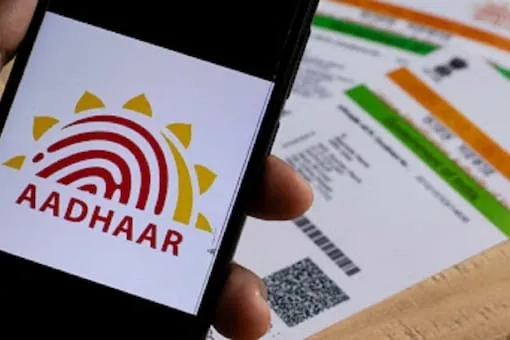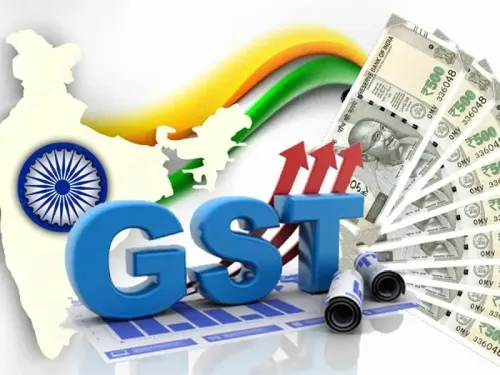Has UIDAI Launched Non-Personal Aadhaar Dashboard Data for Greater Transparency?

Synopsis
Key Takeaways
- UIDAI is sharing anonymised Aadhaar data to enhance transparency.
- The initiative supports academic research and innovation in digital services.
- Data can be accessed on data.gov.in.
- Over 150 billion authentication transactions have been recorded.
- This move aligns with the government's vision for evidence-based policy-making.
New Delhi, May 19 (NationPress) - The Unique Identification Authority of India (UIDAI) announced on Monday the commencement of sharing non-personal, anonymised data sourced from the Aadhaar Dashboard on the open government data platform data.gov.in.
This initiative aims to further enhance transparency, research, and data-driven policy making, as stated by the Ministry of Electronics and IT.
The released datasets, presented by the Chief Data Officer (CDO) and Deputy Director General of UIDAI, feature aggregated insights regarding Aadhaar enrolment, updates, and authentication trends, categorised by geographical locations, age groups, and other pertinent parameters.
The IT Ministry conveyed that by providing access to these non-personal and anonymised datasets, UIDAI intends to bolster academic research, foster innovation in digital services, and encourage collaborative advancements.
“This initiative unlocks new possibilities for evidence-based policy-making and technological innovation, reinforcing UIDAI’s dedication to transparency, public interest, and secure data governance,” it added.
This move is in alignment with the broader governmental vision of promoting evidence-based policy making and maximising the utility of open data for the public benefit. It is anticipated to further enhance digital inclusion and improve governance efficiency.
Meanwhile, the total count of Aadhaar authentication transactions has surpassed the 150 billion (15,011.82 crore) threshold. Additionally, the total number of eKYC transactions conducted during April (37.3 crore) saw a remarkable increase of 39.7 percent compared to the same period last year.
As of April 30, the cumulative number of e-KYC transactions has exceeded 2,393 crore, as reported by the Ministry of Electronics and IT.
In April alone, nearly 210 crore Aadhaar authentication transactions were executed, marking an increase of approximately 8 percent compared to the same month in 2024, according to the ministry's report.
Over 100 entities, from both governmental and private sectors, are leveraging face authentication to facilitate the effective delivery of benefits and services. For the fiscal year 2025, Aadhaar number holders conducted over 2,707 crore authentication transactions during the year 2024-25.










